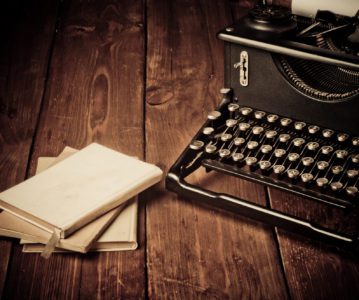 Writing Action
Writing Action
I am going to get right to the point and tell you the secret of writing action scenes: It’s not about the action. Like everything else in writing, it’s about character. A lot of people think reading action scenes is boring. And done poorly, it is. It’s not a movie. We can’t add camera angles and sound effects and a chaotic score that all drive the excitement; we have only words. But with those words—and clever choices of what words they are—we can do something that movie action scenes have a much harder time doing. We can illustrate character. Who...






